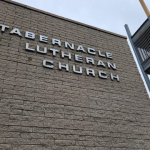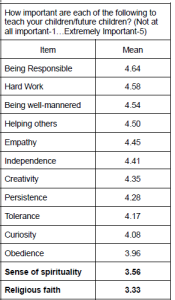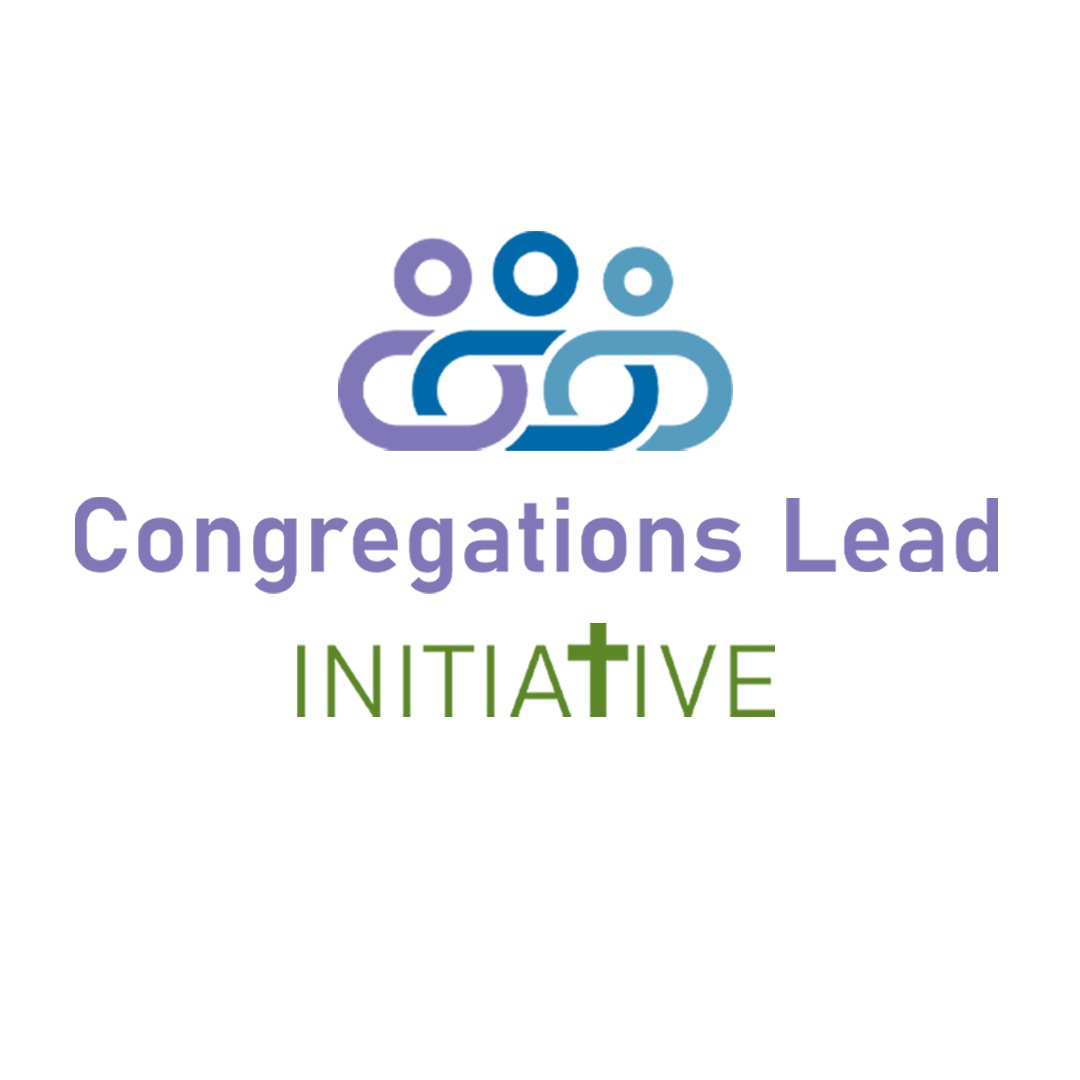By: Rahel Mwitula Williams

Rahel Mwitula Williams, the author, inside the oldest ELCA church, Frederick Evangelical Lutheran Church on St. Thomas, U.S. Virgin Islands
“Infrastructure is the dream!” stated one of the members of an inner city congregation. In my last blog, I spoke about the concept of innovation as a way to continuously reinvent ourselves, finding new ways to communicate the gospel and serve our brothers and sisters in an ever-evolving world. However, I would be remiss if I did not take a moment to acknowledge that innovation is a privilege. Yes, to try something new and test a concept, one must be in a space where dreaming and visualization are possible. But how can that happen if you lack stable footing, if your foundation is crumbling?
The church is often seen as a place of vision, hope, and new possibilities. It is where communities gather to dream about a better future, new initiatives, and transformative ministries. However, for many marginalized communities, the idea of dreaming beyond survival can feel like a luxury they cannot afford. When basic infrastructure is crumbling—both literally and figuratively—calls for innovation and risk-taking often fall on exhausted ears.
The struggle is real…Very real…
Before congregations and communities can dream of new ministries or ideas, they must first have a solid foundation. Many communities are burdened with economic hardship, lack of resources, and crumbling infrastructure. When we encourage marginalized communities to apply for grants and experiment with bold new ideas, we must first consider whether these communities have the stability to support such endeavors. It is difficult to innovate when you are barely surviving.
A church with a leaking roof, failing heating system, uneven parking lot, broken windows, or financial instability cannot launch new ministries. Infrastructure matters; ignoring it can set communities up for failure rather than success.
Funding infrastructure and funding projects are not mutually exclusive
Too often, funding and grant opportunities prioritize new and innovative ideas over addressing foundational needs. Indeed, our own grant processes at the ELCA Innovation Lab look for new and useful ahead of rooted and ready. Grant processes often include disclaimers like “no brick and mortar,” or exclusions for fixing roofs, basements, and other structural necessities. But, as one church member pointed out, we rarely talk about these things!
We see this pattern across many grant applications. It raises the question: why does the Church feel the need to adopt secular standards that say investment in infrastructure is unwise? What happened to “Do not conform to the pattern of this world”? I would argue that without strong infrastructure—both physical and organizational—even the boldest ideas cannot truly thrive.
When we invest in infrastructure, it helps ensures that:
- Basic needs are met so communities can shift from survival mode to visionary thinking.
- Churches and organizations are structurally sound and capable of sustaining new initiatives.
- Technology and resources are accessible, making it easier for communities to engage in innovation.
- Leadership and financial stability are prioritized, preventing the collapse of new initiatives and giving them a chance before they even begin.
A sustainable future for any congregation or community requires a balance between maintaining what exists and dreaming of what could be.
The challenge of “Fail Boldly”
In our own work as the ELCA Innovation lab, we often use the phrase “fail boldly” . We use this phrase to celebrate entrepreneurial spirit, encouraging risk-taking and experimentation. But I’m not always comfortable with the fail boldly concept; this phrase can pose danger to many communities.
I know for a fact that I cannot approach my own community with the phrase “fail boldly.” For many in my community—and in other marginalized communities—we often have just one shot to get it right. Resources for implementation are limited, and the stakes are high. So, the response to “fail boldly” is often, “We can’t afford to fail,” though, in reality, that sentiment may be expressed with even stronger language.
At the same time, some of the most innovative ideas and solutions come from these very communities—not in spite of the struggle, but because of it. Survival has required creativity, resilience, and innovation. The alternative was never an option: to die, to close, to let dreams go unrealized. But this can’t be the only strategy available. Marginalized communities deserve the freedom to innovate not just out of necessity, but with the same privilege and support that others receive.
The consequences of failure can mean further economic distress, displacement, or deepened systemic struggles. While taking risks is important, those risks must be calculated, supported, and rooted in a solid foundation. The church should recognize that true innovation requires both inspiration and infrastructure. We must invest in stability for true creativity to take place; God established order, stability, and provision first—setting the land, sea, and sky in place—so that all living beings could thrive. This reflects God’s intentionality and care, showing that a strong foundation is essential.
So what?
We (the church) have a responsibility to ensure that our congregations and communities are not merely surviving but thriving. Before asking congregations to dream big, leaders must assess whether their foundational needs are being met. Addressing these challenges is not just about fixing buildings—it is about ensuring that the people within them have the capacity to engage in meaningful innovation.
Funding infrastructure is an act of faith and justice. It affirms that all communities, regardless of socioeconomic status, deserve the opportunity to dream and create. It ensures that when ideas emerge, they are built on a foundation strong enough to sustain them.
For the church to truly support innovation, it must recognize that before we call people to dream, we must first give them a solid ground to stand on.
- Frederick Evangelical Lutheran Church in St. Thomas, USVI, the oldest ELCA congregation, established in 1666. Frederick received government funding to repair it’s infrastructure after hurricane damage.
- In 2024, the ELCA Innovation team had the privilege of visiting congregations in Philadelphia. Many of which inhabit some of the oldest building in the ELCA, with a high cost of maintenance. Saur House, on the site of Trinity Lutheran Church in Germantown, Pennsylvania. Christopher Saur (also Sower) printed America’s first German language Bible here in 1743.
- Iglesia Luterana Nueva Creacion in South Philadelphia is another ELCA congregation that’s physical building needs many repairs, yet this congregation offers vital ministry to it’s community in the form of a Spiritual Pharmacy (https://www.youtube.com/watch?v=o5PWfBFi5qY).
- Tabernacle Lutheran Church in West Philadelphia has been a community fixture since the early 1900s. Today, the church offers compelling ministry to it’s community through youth engagement, music ministry and so much more, all while facing growing building repairs.








